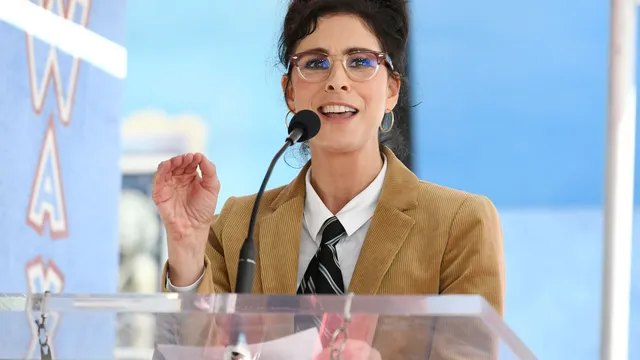
Meta wins legal battle over AI training using copyrighted materials
2025-06-26 17:05- U.S. District Judge Vince Chhabria ruled in favor of Meta, dismissing a copyright infringement lawsuit from authors.
- The judge stated that Meta's use of copyrighted materials for training its AI model is considered 'fair use,' but this ruling does not establish legality for all similar practices.
- The case raises ongoing concerns about the implications of AI training on copyright law and the protection of authors' market rights.
Express your sentiment!
Insights
In the United States, a notable legal ruling took place on June 26, 2025, involving Meta Platforms, the parent company of Facebook. U.S. District Judge Vince Chhabria dismissed a copyright infringement lawsuit filed by a group of well-known authors, including Sarah Silverman and Ta-Nehisi Coates, who accused Meta of illegally using their works to train its AI model, Llama. The judge's ruling determined that the company's actions fell under the doctrine of 'fair use' in copyright law, as they were deemed transformative. This legal challenge has highlighted the ongoing debates surrounding the use of copyrighted materials in creating artificial intelligence technologies. Chhabria clarified that while Meta was not found liable in this particular case, the ruling is limited to the plaintiffs involved and does not affirm the legality of Meta's practices in a broader context. The judge expressed concern regarding potential market harm and questioned whether companies could legally incorporate copyrighted works into their AI systems without the explicit permission from the rights holders. This has opened the door for other legal challenges alongside the original complaint by the authors, which also alleged violations under the Digital Millennium Copyright Act regarding the removal of copyright management information. The authors' attorneys argued that Meta had engaged in significant copyright infringement by sourcing their literary works from online shadow libraries and feeding them into its AI system without due compensation. They contended that such practices could deprive authors of market share, undermining the original works' value. Meta's legal representatives countered that Llama does not output specific texts from the copyrighted materials and emphasized that the training process does not result in direct substitutes for the authors' books. The case had drawn substantial attention, not just for its implications on copyright law but also for its potential to reshape the relationship between technology companies and content creators. As the litigation progressed and internal conversations within Meta were disclosed, it became apparent that the ethical considerations of using pirated data have not been taken lightly by Meta executives. This judicial decision may influence future regulatory frameworks governing AI training and copyright, prompting further scrutiny of the practices that AI models adopt in learning from established works.
Contexts
The development of artificial intelligence (AI) is profoundly influenced by the principles of fair use, particularly in how AI systems are trained and the data utilized in creating intelligent models. Fair use allows for certain uses of copyrighted material without permission, which is pivotal in AI as these systems often learn from vast datasets that include copyrighted content. This aspect raises essential questions about the balance between innovation and intellectual property rights. AI developers routinely rely on diverse datasets that may contain various multimedia elements, making fair use a critical component to ensure the continued advancement of AI technologies while respecting copyright laws. The implications of fair use in AI development are significant and multifaceted. On one hand, it facilitates the unrestricted access to information necessary for training AI models, enabling advancements in fields as diverse as natural language processing, computer vision, and machine learning. On the other, it poses risks to creators and copyright holders whose works may be used without adequate compensation or recognition. As AI develops, ensuring that these technologies operate within the confines of fair use is crucial. It will require ongoing discourse among technologists, legal experts, and policymakers to refine definitions of fair use that keep pace with rapid advancements in AI. Moreover, the question of what constitutes fair use in the realm of AI remains dynamic and context-dependent. Courts and legal scholars are actively engaged in debating and defining these boundaries, which may evolve as AI applications expand. The transformative nature of AI raises unique challenges; for instance, whether using copyrighted data to train an AI model qualifies as transformative, and thus falls under fair use, remains a contentious legal issue. As developers grapple with these complexities, they often adopt cautious approaches, resulting in the need for clearer guidelines on using copyrighted materials in AI training. In conclusion, the effects of fair use on AI development are profound and complex, necessitating a careful balance between nurturing innovation while respecting copyright protections. As public awareness of copyright issues in AI grows, legislators are tasked with ensuring that laws adapt appropriately. The future of AI development, therefore, hinges not only on technical advancements but also on the evolving interpretations of fair use. This interplay will ultimately shape the landscape of AI, impacting everything from legal frameworks to creative expression, guiding the ethical use of data in building tomorrow's intelligent systems.